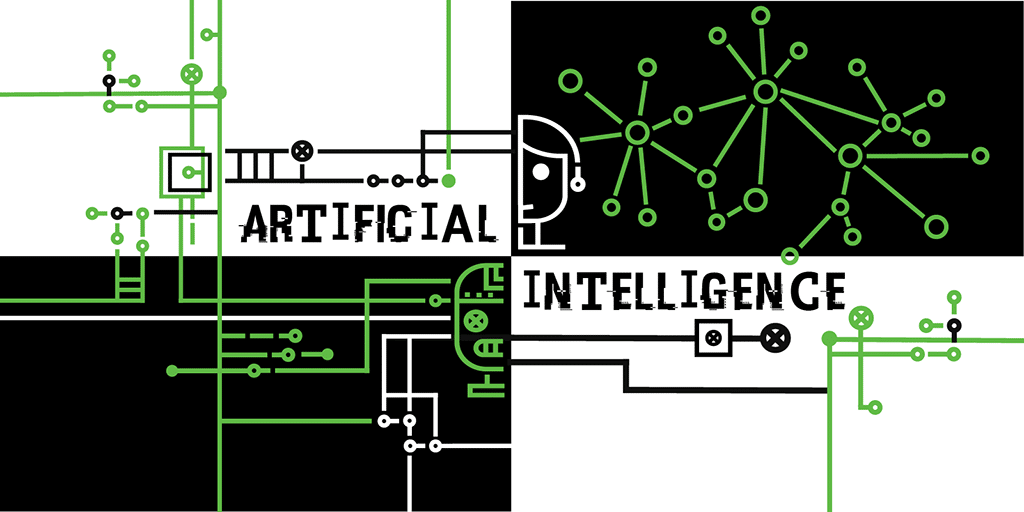Access Now calls on the European Parliament to protect people on the move — including those seeking refuge and asylum, and with an irregular migration status — during this week’s negotiations of the European Union Artificial Intelligence Act (AI Act). As discussions around what AI systems must be banned under Article 5 of the AI Act take place, the European Parliament’s IMCO and LIBE Committees must follow recommendations from Access Now and other organisations to prohibit all systems that are proven to cause irreversible harm to people’s fundamental rights, including AI systems used in the migration and border contexts.
“These AI Act negotiations are a test-bed for the protection of every person, regardless of their migration status, from harmful AI,” said Caterina Rodelli, EU Policy Analyst at Access Now. “There is mounting evidence of tech-facilitated harms against migrant people — and we must act to prohibit its further abuse now. Systems such as automated profiling and forecasting tools are inherently discriminatory, and can lead to further unjustified deaths of people at the EU borders. Rapporteurs must seize this opportunity to actually protect, not surveil, people on the move in the EU AI Act.”
Last month, nearly 200 organisations urged the EU to ensure the AI Act centres the rights of marginalised people and communities on the move.
Launched today, 9 February, the new #ProtectNotSurveil coalition website led by Access Now, European Digital Rights (EDRi), Platform for International Cooperation on Undocumented Migrants (PICUM), and Refugee Law Lab, gathers information for policymakers and anyone following discussions on the AI Act as to why the IMCO and LIBE Committees must ensure the following systems are prohibited:
- Predictive analytics systems used for preventing migration that will exacerbate violence at the borders and lead to push-backs;
- Automated risk assessments and profiling systems that entrench racism and bias, and erode human dignity and freedom from discrimination;
- “Lie-detectors” and all technology that claim to infer people’s emotions; and
- Remote Biometric Identification at the border and in and around detention facilities that enable mass surveillance.
For more information, visit the #ProtectNotSurveil website.
